In today’s digital landscape, having a strong online presence is crucial for restaurants and cafes to attract new customers and stay ahead of the competition. Local SEO plays a vital role in ensuring that your business is visible to potential customers searching for dining options in your area.

Effective search engine optimization strategies can help your restaurant or café rank higher in search results, driving more foot traffic and increasing sales. This comprehensive guide will walk you through the basics of local SEO and provide advanced techniques to optimize your online presence.
Table of Contents
Why is local SEO critical for food businesses?
Local SEO is critical for food businesses because it directly connects them with customers who are actively searching for dining options nearby. Unlike traditional SEO, which focuses on a broad audience, local SEO ensures that your restaurant or café appears in searches specific to your location—whether through Google Maps, “near me” queries, or localized keywords. This targeted visibility increases foot traffic, online orders, and reservations, which are essential for sustaining a competitive edge in the crowded food industry. Additionally, local SEO helps build credibility and trust through customer reviews, accurate business information, and consistent online presence, making it easier for potential customers to choose your business over others. In a world where most diners search online before deciding where to eat, neglecting local SEO can mean missing out on a significant portion of your potential clientele.
How do reviews boost search visibility?
Reviews significantly boost search visibility by signaling to search engines that your business is credible, active, and trusted by customers. Positive reviews increase your relevance in local search results because platforms like Google use them as a ranking factor in their algorithms. When potential customers search for products or services, a business with numerous high-quality reviews is more likely to appear at the top of search results, attracting more clicks. Moreover, reviews generate fresh, user-generated content that contains keywords naturally, which enhances your website’s SEO. They also improve click-through rates since users are more inclined to visit a business with strong, positive feedback, further signaling to search engines that your business is popular and authoritative in its niche. Over time, consistent reviews help build a strong online reputation, making your business more visible and trustworthy both to search engines and to potential customers.
Are You Ready to Transform Your Restaurant’s Online Presence and Attract More Local Customers?
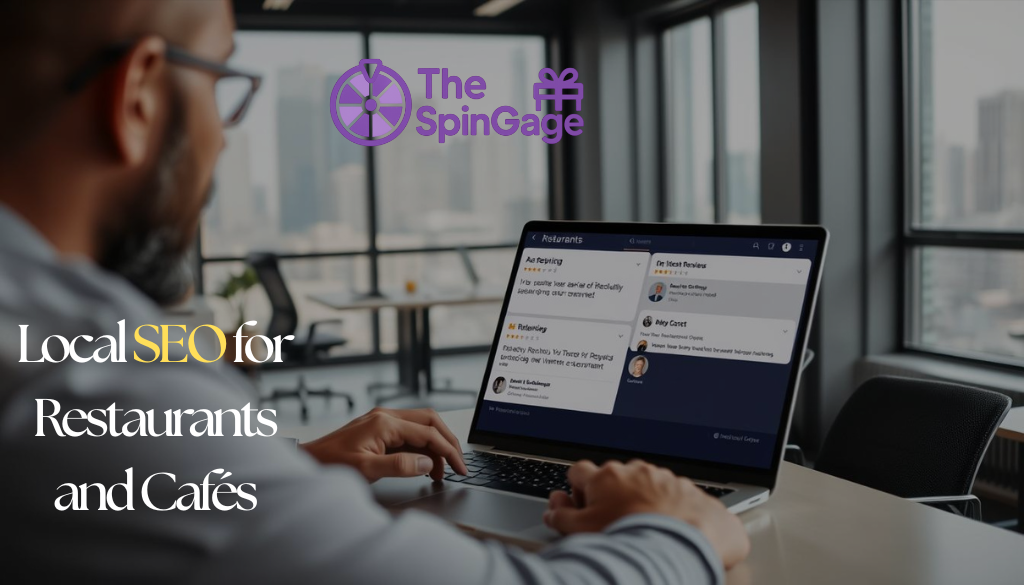
In today’s competitive dining landscape, simply serving great food is no longer enough. Local SEO is the secret ingredient that ensures your restaurant or café stands out when potential customers search for dining options nearby. From optimizing your Google Business Profile with accurate business information and captivating photos, to targeting the right location-based and cuisine-specific keywords, every detail matters. Effective local SEO strategies not only improve your search engine rankings but also drive more foot traffic, enhance your online reputation, and ultimately increase your revenue. By implementing mobile-friendly website designs, embedding Google Maps, managing online reviews, and leveraging local content marketing, you can position your establishment as the go-to destination in your community. Whether it’s showcasing your signature dishes through visually appealing content, engaging with customers via social media, or building local citations and high-quality backlinks, a comprehensive approach to local SEO ensures long-term growth and customer loyalty.
How does SpinGage help restaurants dominate local search?
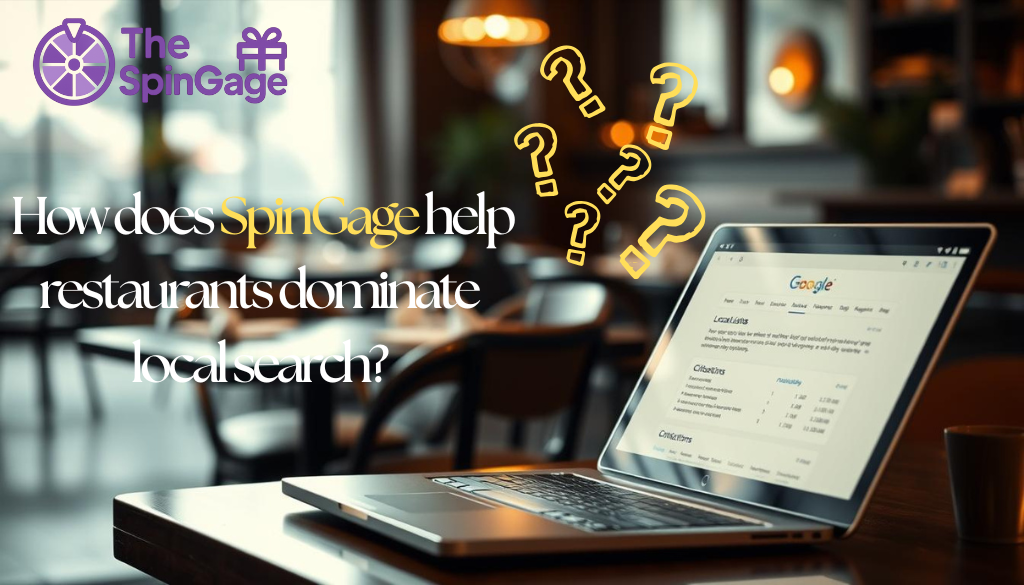
SpinGage helps restaurants dominate local search by providing a comprehensive suite of tools and strategies designed specifically for local visibility. By optimizing a restaurant’s online presence across search engines, review platforms, and social media, SpinGage ensures that potential customers can easily find the business when searching for nearby dining options. This includes targeted keyword optimization, accurate and consistent business listings, and management of customer reviews to enhance reputation and credibility. Additionally, SpinGage leverages local SEO techniques such as geo-targeted content, Google Business Profile optimization, and local backlink strategies, which help restaurants rank higher in local search results and appear in map packs. The platform not only increases visibility but also drives foot traffic and online orders, giving restaurants a competitive edge over others in their area. In essence, SpinGage transforms a restaurant’s digital presence into a powerful magnet for local customers, ensuring they are discovered first when it matters most.
How does SpinGage automate review collection?
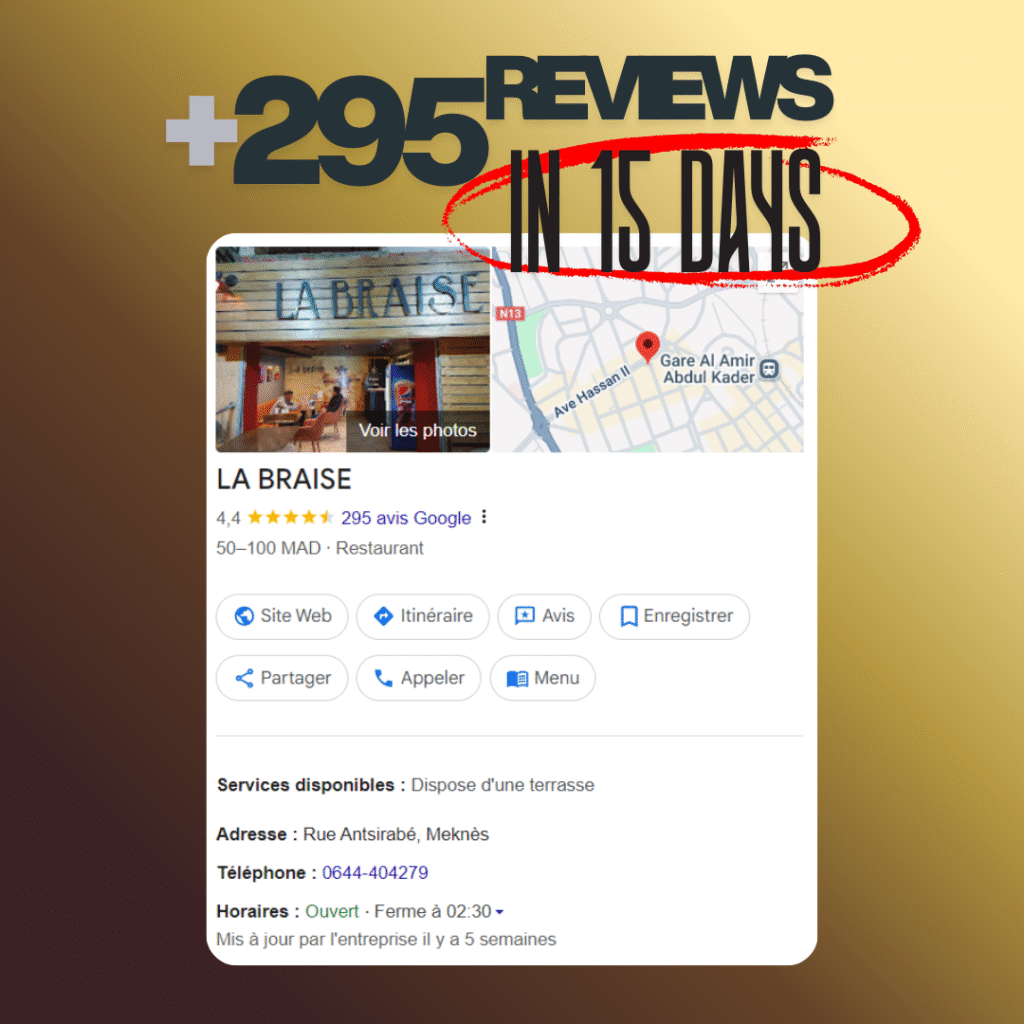
+295 REVIEWS IN JUST 15 DAYS :
Labraise is a restaurant that gained more than 295 new customer reviews and increased their income by using TheSpinGage solution.
They placed a flyer with a QR code on every table, allowing each diner to scan and spin the wheel. Labraise used a 100% winning ratio plan, where customers always won either 10% off their meal or a free soda.
This simple gamification encouraged guests to leave reviews, boosted loyalty, and kept customers coming back.
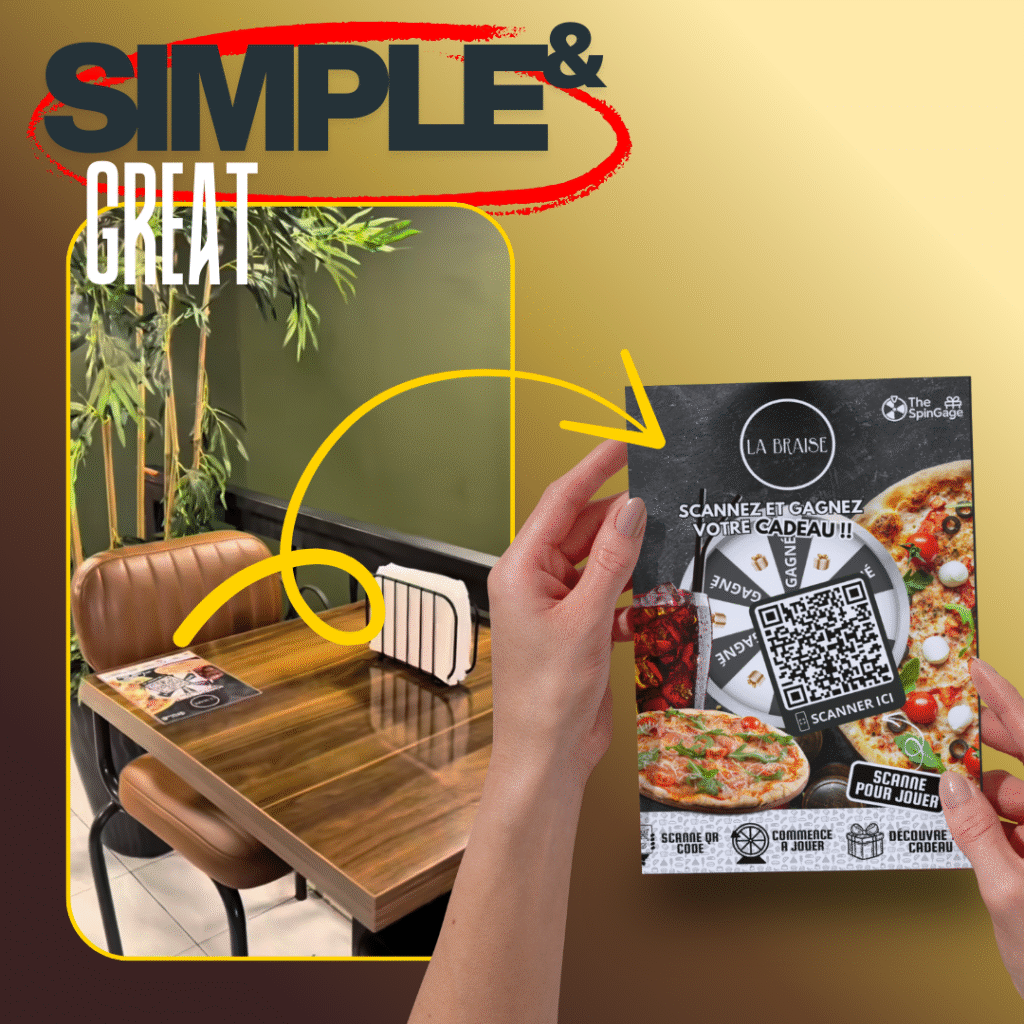
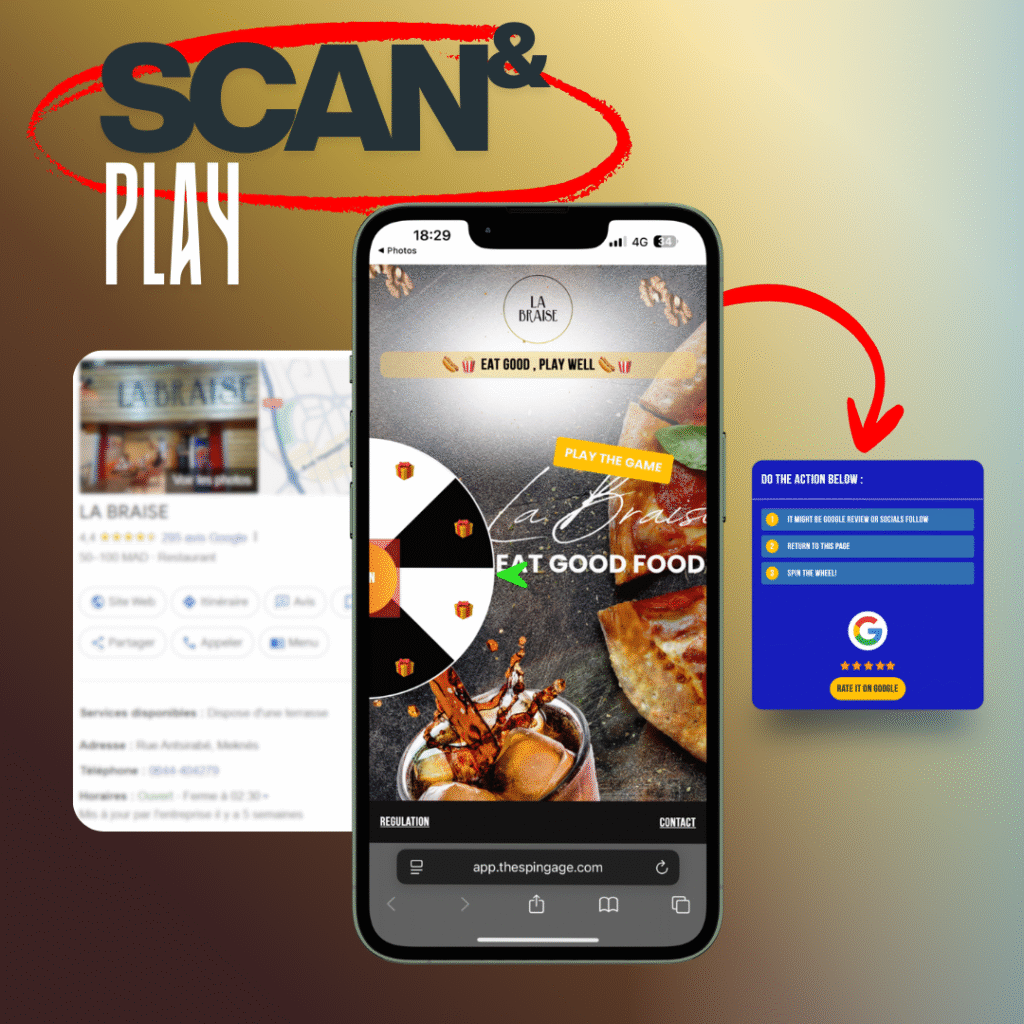
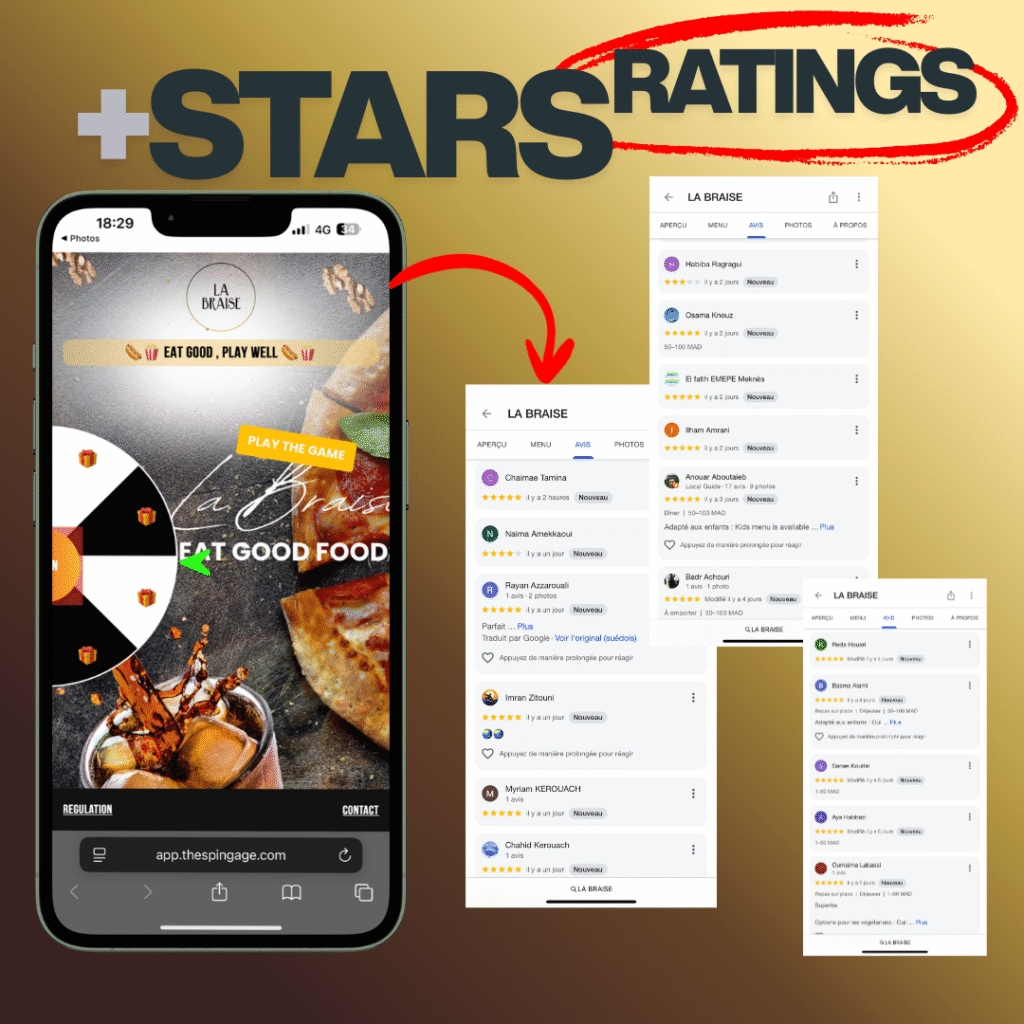
HOW IT WORKS IN 4 EASY STEPS ?
1 – Scan the QR Code
Clients simply scan the QR code placed on the table or provided directly by you.
2- Take Action First
To unlock the gameplay, they must complete the required action.
3- Spin the Wheel
Once unlocked, they spin the wheel to test their luck.
4- Win Rewards
If they win, a QR code is instantly sent to their email. If not, nothing happens. In both cases, the game is locked for 24 hours, ensuring fairness and excitement for the next try.
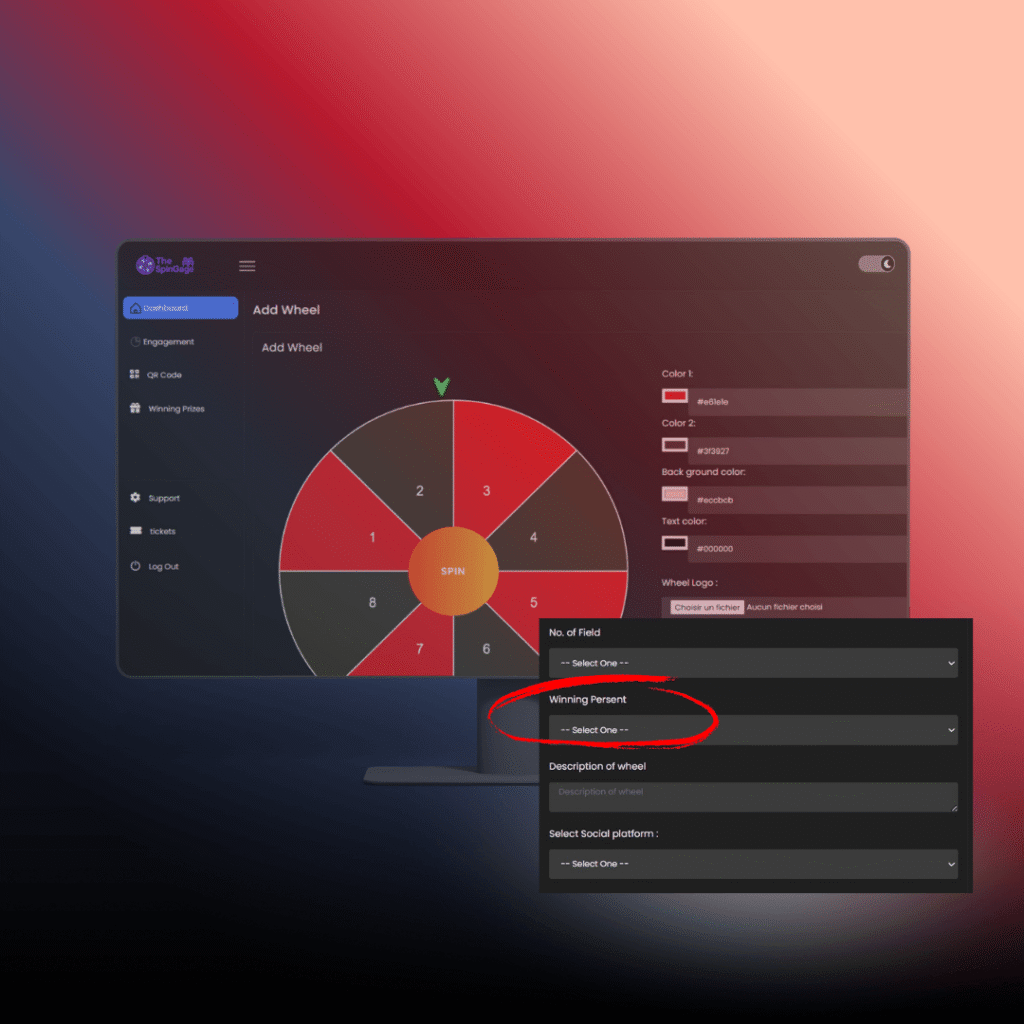
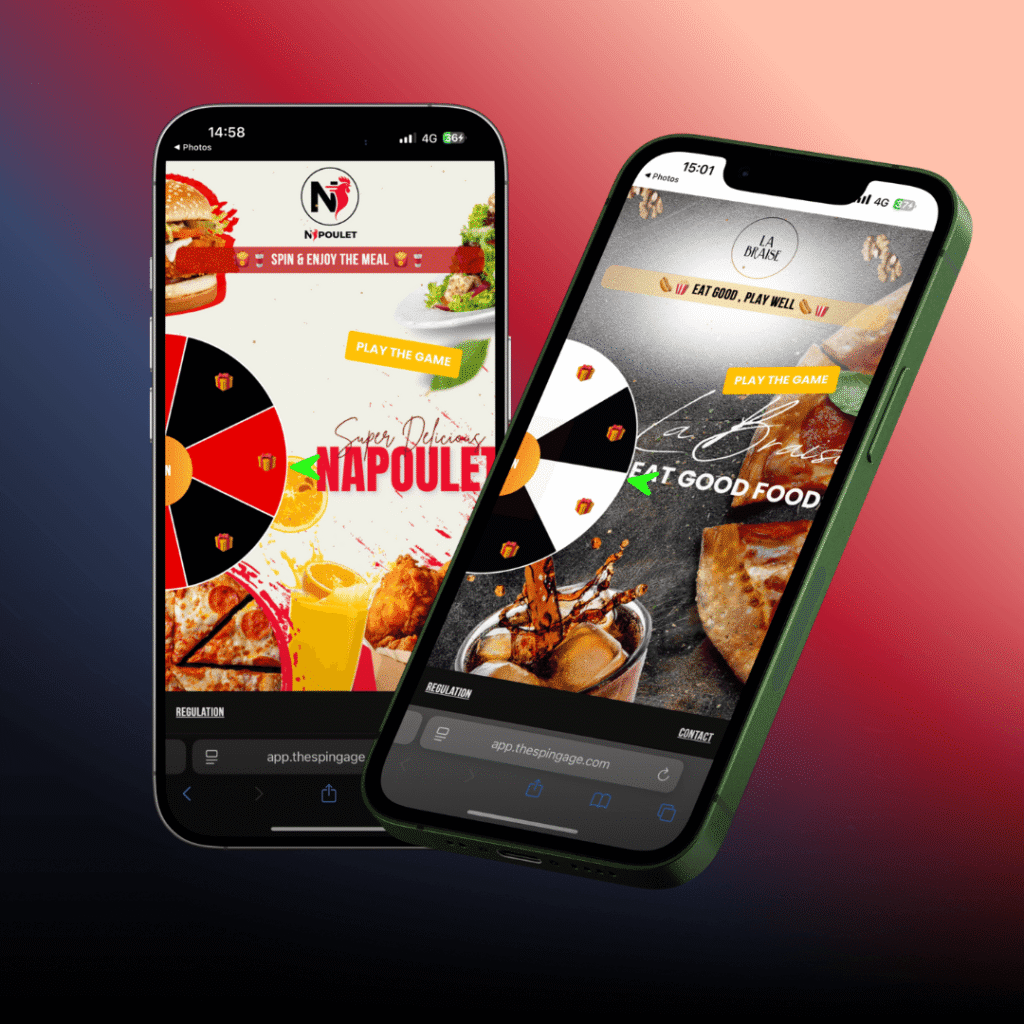
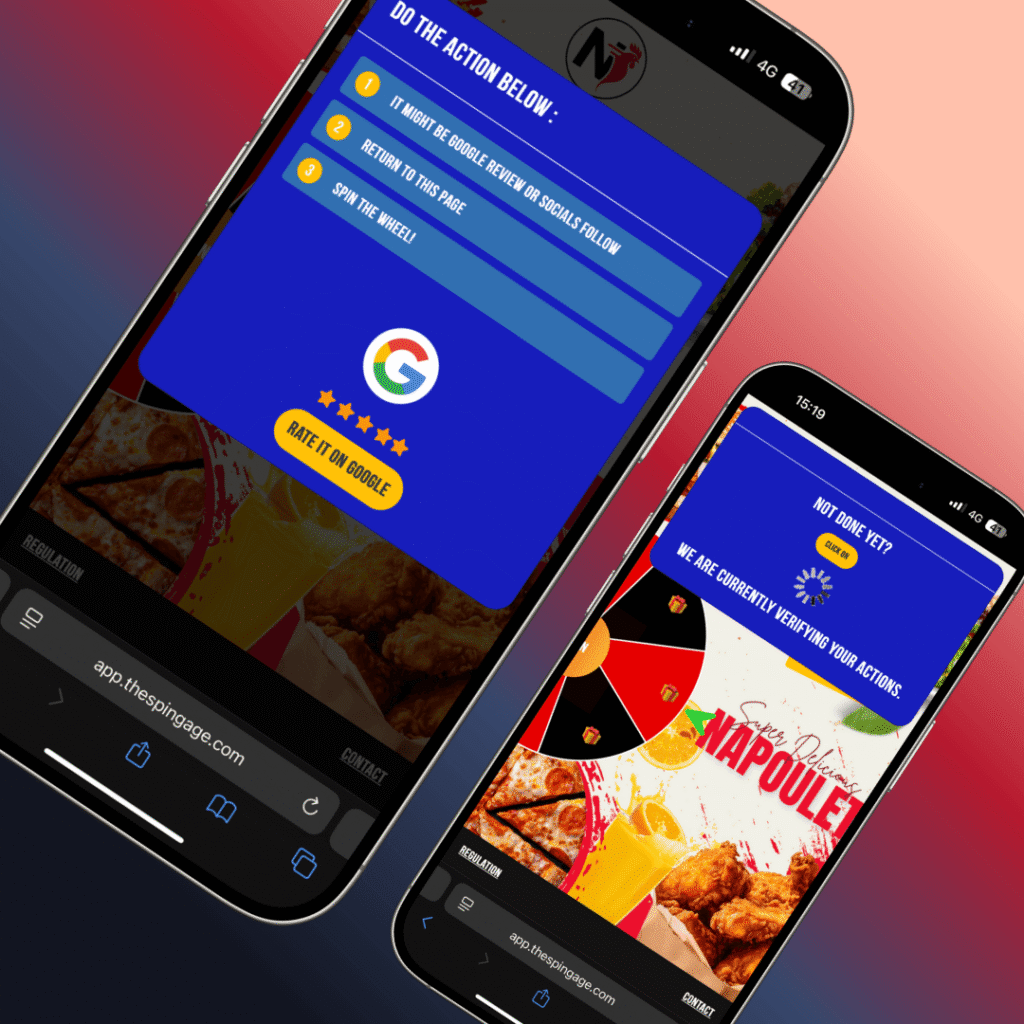
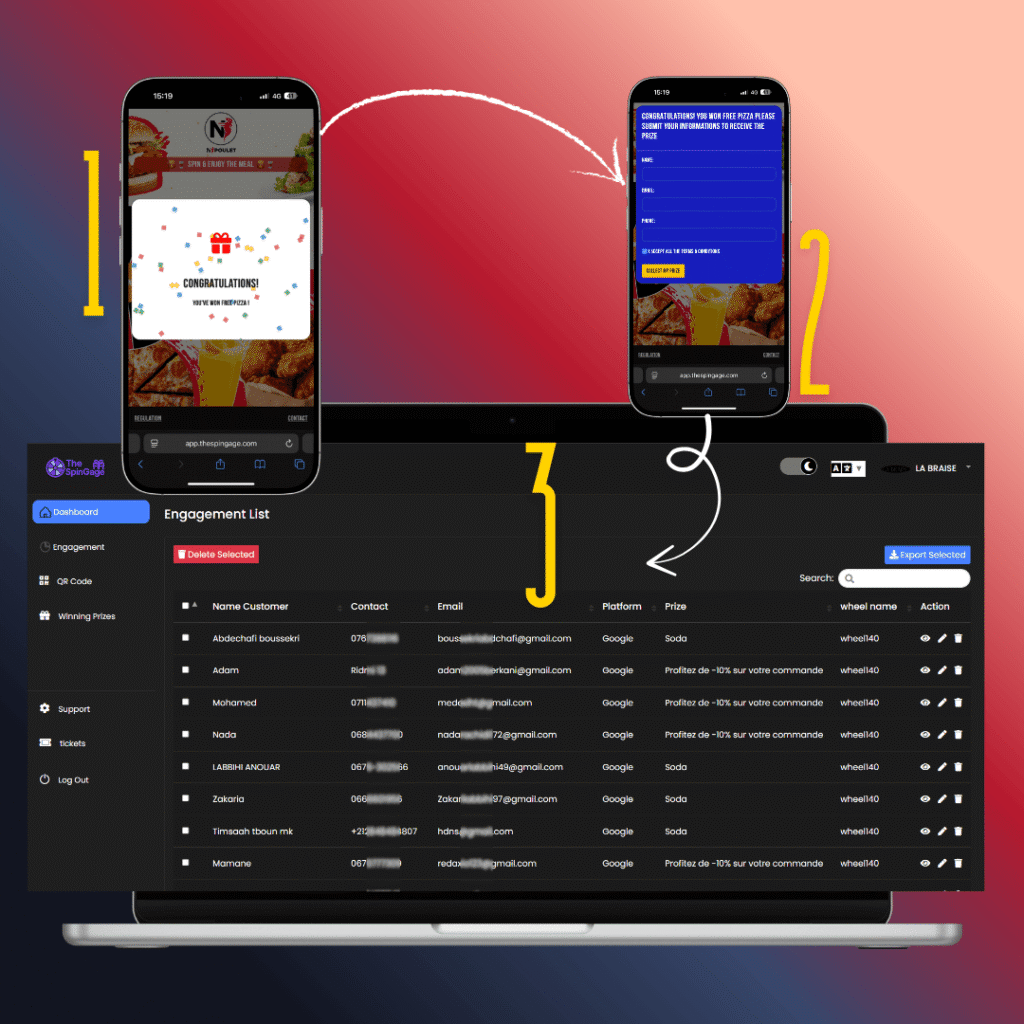
🛠️ Flexible Tracking Options
Track platform Top performing .
Track the wheel segments (number of prizes, Winner Gameplay).
Number of Plays , Track top performing wheel
Set up expiration dates for vouchers and offers.
Get Acces to LEADS , Extraxt & Modiify it .
Why You Should Opt for TheSpinGage Solution
Running a business today is not just about serving customers – it’s about creating memorable experiences that keep them coming back and spreading the word. That’s exactly what TheSpinGage delivers.
🎯 Stand Out from Your Competitors
Most restaurants, cafés, and shops rely only on discounts or word of mouth. With TheSpinGage, you turn every visit into a fun, interactive moment that clients remember and talk about.
⭐ Collect More Positive Reviews
Google reviews are the new “digital reputation.” Our system motivates clients to leave reviews in exchange for a chance to win rewards – giving you the social proof that attracts new clients effortlessly.
💌 Grow Your Customer Database
Every spin is an opportunity to collect emails and data, helping you stay connected with your clients through newsletters, promotions, and loyalty campaigns.
🔄 Boost Loyalty and Repeat Visits
Customers love rewards. By making every visit a chance to win, you encourage repeat visits, turning occasional clients into loyal fans of your business.
⚡ 100% Simple & Automated
No technical headaches. Once installed, TheSpinGage works automatically – whether through QR codes on tables, flyers, or digital screens. You just set the rules, and the system does the rest.
👉 TheSpinGage isn’t just a tool – it’s your new customer magnet.
Increase engagement, grow your reviews, and build a strong database without spending more on ads.
📲 Activate TheSpinGage today and turn visitors into loyal, returning customers!
START TODAY

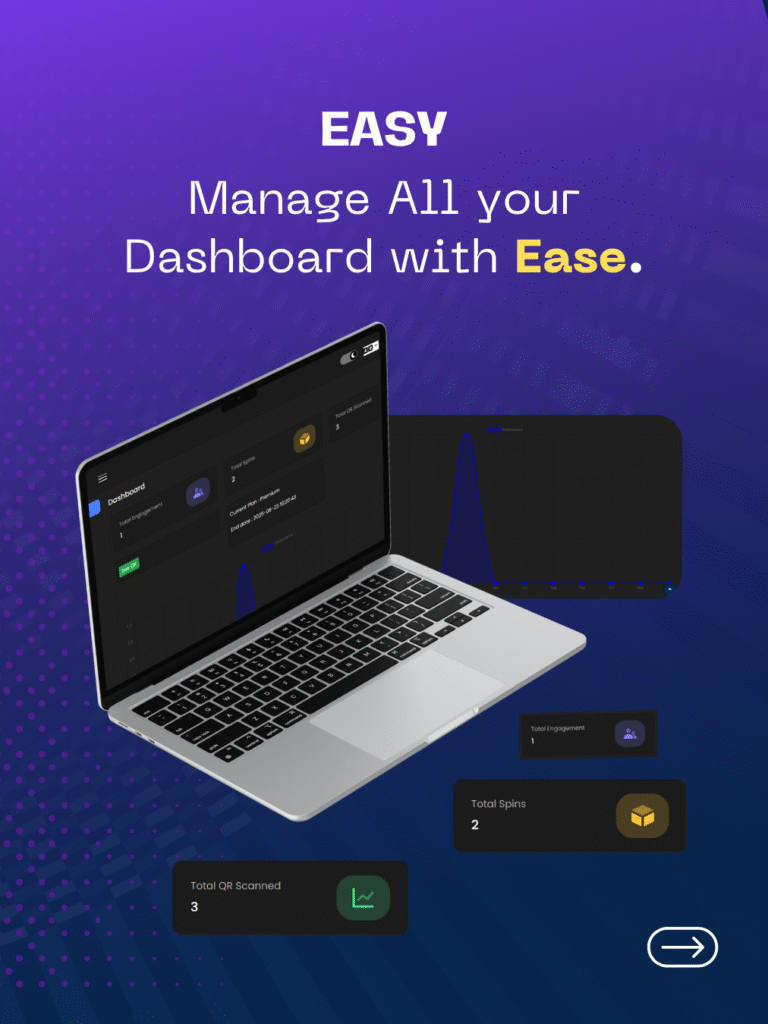
SpinGage automates review collection by seamlessly integrating with your business platforms to prompt customers for feedback at the right moment. It can automatically send personalized review requests via email or SMS after a purchase or service, making it easy for customers to share their experiences. This automation not only increases the volume of reviews but also ensures consistent and timely feedback, helping businesses maintain a strong online reputation without manual effort.
Combine this with strategic local SEO practices, including keyword research, category optimization, and building citations and backlinks, and you’re positioning your business to dominate local
Don’t let your competitors capture the attention of your local audience—take control of your online visibility today and make your restaurant impossible to overlook.
👉 Boost Your Local SEO and Grow Your Restaurant Now
Why Local Search Matters for Food Establishments
For food establishments, understanding the importance of local search is no longer optional – it’s essential. Local search has become a critical component in the decision-making process of customers looking for dining options.
The Impact of Local Search on Customer Decisions
Local search significantly influences customer decisions when it comes to choosing a restaurant. With the majority of consumers using their mobile devices to search for local businesses, appearing in local search results can make or break a customer’s choice.
Key Statistics on Local Search for Restaurants
Some key statistics highlight the importance of local search for restaurants:
- Nearly 80% of consumers use their smartphones to search for local information.
- 76% of local mobile searchers visit a store within a day.
Mobile Search Behavior
Mobile search behavior is a crucial aspect of local search. Consumers are using their devices to search for “restaurants near me” or “best coffee shops” on the go.
Conversion Rates from Local Searches
Conversion rates from local searches are significantly higher than general searches. When customers find a restaurant through local search, they’re more likely to visit.

Understanding these dynamics is vital for restaurants to optimize their online presence and attract more customers.
Understanding the Basics of SEO for Restaurants
In the competitive world of restaurants, SEO is key to standing out. To effectively optimize for local search, it’s essential to understand the basics of SEO and how it differs for local businesses.
Local vs. Traditional SEO Approaches
Local SEO for restaurants differs significantly from traditional SEO approaches. While traditional SEO focuses on broader, often national or international, search queries, local SEO targets specific geographic locations. For restaurants, this means optimizing for searches that include their city, neighborhood, or proximity to the user’s location.
The Local Search Ranking Factors
Local search ranking factors are crucial for restaurants to understand. These factors determine how visible a restaurant is in local search results.
Proximity Considerations
Proximity is a key factor, as search engines favor businesses that are closer to the user’s location. This is particularly important for restaurants, as customers often search for dining options near them.
Relevance Signals
Relevance signals, such as the restaurant’s name, menu, and services, help search engines understand how well a business matches the user’s search query. Ensuring that your website and online profiles are filled with relevant information is crucial.
Prominence Indicators
Prominence indicators, including reviews, ratings, and mentions in local media or blogs, contribute to a restaurant’s visibility in local search results. Building a strong online reputation is vital for local SEO success.
Setting Up and Optimizing Google Business Profile
To stand out in local search results, your Google Business Profile needs to be accurate and engaging. This involves several key steps that can significantly enhance your restaurant’s or café’s online presence.
Creating Your Google Business Profile
Start by claiming or creating your Google Business Profile. This process involves verifying your business location, which is crucial for appearing in local search results. Ensure that your business name, address, and phone number (NAP) are consistent across the web.
Optimizing Business Information
Optimizing your business information is vital. This includes:
- Selecting the most relevant business categories to help customers find you.
- Adding relevant attributes that describe your business, such as “wheelchair accessible” or “outdoor seating.”
Business Categories and Attributes
Choosing the right categories and attributes helps Google understand your business, making it more likely to appear in relevant searches. For example, a café might select “cafe” as its primary category and add attributes like “coffee” and “pastries.”
Business Description Optimization
Your business description should be clear, concise, and include relevant keywords. For instance, if you’re a restaurant known for your vegan dishes, make sure to mention that. Example: “Welcome to Green Bites, your premier destination for vegan cuisine in downtown Manhattan.”
Managing Photos and Virtual Tours
High-quality photos and virtual tours can significantly enhance your profile. Upload images of your dishes, interior, and exterior. Consider adding a virtual tour to give customers a more immersive experience.

Using Google Posts Effectively
Google Posts allow you to share updates, promotions, and events directly on your Google Business Profile. Use this feature to keep your customers informed and engaged. For example, you can post about a new menu item or a special promotion.
Local Keyword Research for Restaurants and Cafés
Local keyword research helps restaurants and cafés connect with their target audience more effectively. By understanding the keywords and phrases potential customers use, businesses can tailor their content to meet local search demands.
Finding Location-Based Keywords
Location-based keywords are crucial for attracting local customers. These keywords often include the name of the city, neighborhood, or region. For example, a café in New York might use keywords like “best coffee in NYC” or “coffee shop in SoHo.”
Menu and Cuisine-Specific Keywords
Menu and cuisine-specific keywords help restaurants and cafés attract customers searching for specific dishes or culinary experiences. For instance, a restaurant serving Italian cuisine might target keywords like “Italian restaurant near me” or “best pasta in [city name].”
Competitor Keyword Analysis
Analyzing competitor keywords can provide valuable insights into the local market. By identifying gaps in the competitor’s keyword strategy, businesses can create content that attracts more customers.
Tools for Restaurant Keyword Research
Several tools can aid in keyword research, including Google Keyword Planner, Ahrefs, and SEMrush. These tools help identify relevant keywords, analyze competitor strategies, and track keyword performance.
Implementing Keywords Naturally
It’s essential to implement keywords naturally into the website content, menu descriptions, and blog posts. Avoid keyword stuffing, as it can lead to penalties from search engines.
| Keyword Research Tool | Features | Benefits |
|---|---|---|
| Google Keyword Planner | Keyword suggestions, search volume data | Helps identify relevant keywords |
| Ahrefs | Competitor analysis, keyword tracking | Provides insights into competitor strategies |
| SEMrush | Technical SEO audits, keyword research | Comprehensive SEO analysis |
Website Optimization for Local Search
Enhancing your restaurant’s online presence through local SEO strategies can significantly boost visibility. A well-optimized website is crucial for attracting local customers and staying ahead of the competition.
Mobile-Friendly Design Elements
A mobile-friendly design is no longer optional; it’s a necessity. Most local searches are conducted on mobile devices, so ensuring your website is responsive and provides a seamless user experience across various screen sizes is critical. Key elements include:
- Responsive design that adapts to different screen sizes
- Fast loading speeds to reduce bounce rates
- Easy navigation and clear calls-to-action

Local Schema Markup Implementation
Schema markup helps search engines understand your website’s content, improving your chances of appearing in rich search results. For local SEO, implementing schema markup that highlights your restaurant’s name, address, phone number, and operating hours can be particularly beneficial.
Location Pages and Contact Information
For restaurants with multiple locations, creating dedicated location pages can significantly enhance local search visibility. These pages should include:
- Unique content for each location
- Accurate and consistent contact information
- Locally relevant keywords
Multiple Location Strategies
When managing multiple locations, it’s essential to have a clear strategy. This includes creating individual location pages, optimizing each page for local keywords, and ensuring consistency in contact information across all locations.
Embedding Google Maps
Embedding Google Maps on your website can improve user experience and help with local SEO. It makes it easier for customers to find your restaurant and can also contribute to better search engine rankings.
| Local SEO Strategy | Benefits |
|---|---|
| Mobile-Friendly Design | Improved user experience, lower bounce rates |
| Local Schema Markup | Enhanced search engine understanding, rich search results |
| Location Pages | Better visibility for multiple locations, targeted local keywords |
Page Speed Optimization
Page speed is a critical factor in both user experience and search engine rankings. Optimizing images, leveraging browser caching, and minimizing HTTP requests are some strategies to improve your website’s loading speed.
Online Review Management Strategies
Effective online review management is crucial for restaurants and cafes to boost their local SEO and attract more customers. Online reviews significantly impact local search rankings and customer decision-making.
Encouraging Positive Customer Reviews
To encourage positive customer reviews, restaurants can employ several strategies.
In-person Review Solicitation
Train staff to ask satisfied customers for reviews in person. This can be done by having a script or simply by asking at the end of a positive dining experience.
Digital Review Request Methods
Utilize digital channels such as email newsletters or receipts to request reviews from customers. Make sure the review platform (e.g., Google, Yelp) is clearly stated.
Responding to Negative Feedback
Responding to negative feedback is crucial. It shows that the business values customer feedback and is committed to customer satisfaction. Respond promptly and professionally to all negative reviews.
Leveraging Reviews for SEO Benefits
Reviews contribute to local SEO in several ways. They increase the visibility of the business in local search results and provide fresh, unique content that search engines favor.
| Review Platform | Importance for Local SEO | Tips for Encouraging Reviews |
|---|---|---|
| Google Reviews | High | Link directly to your Google Review page |
| Yelp | Medium | Engage with customers through Yelp’s messaging system |
| TripAdvisor | Medium | Claim your listing and respond to all reviews |
Building Local Citations and Directory Listings
Building local citations and directory listings is a critical step in enhancing a restaurant’s online visibility and credibility. Local citations, which are mentions of a business’s name, address, and phone number (NAP) on other websites, are vital for local SEO.
Essential Directories for Restaurants
Listing your restaurant in essential directories is the first step in building local citations. Some of the most important directories include:
- Google My Business
- Yelp
- Bing Places
- Apple Maps
Maintaining NAP Consistency
Consistency in your restaurant’s NAP across all directories is crucial. Inconsistent NAP can confuse search engines and negatively impact your local search rankings.
Industry-Specific Listing Sites
In addition to general directories, industry-specific listing sites can provide targeted visibility. For restaurants, this includes:
Food Delivery Platforms
- Uber Eats
- GrubHub
- DoorDash
Reservation Systems
- OpenTable
- Resy
Monitoring and Updating Citations
Regularly monitoring and updating your citations is essential to maintaining accuracy and consistency. This includes checking for duplicate listings and ensuring that your NAP is correct across all directories.
Social Media Integration for Local Visibility
Effective social media integration can significantly enhance local visibility for restaurants and cafes. By leveraging the right platforms and strategies, food establishments can attract more customers and improve their local SEO.
Platform Selection for Restaurant Marketing
Choosing the right social media platforms is crucial. Instagram and Facebook are particularly effective for restaurants due to their visual nature and large user bases. Focus on platforms where your target audience is most active.
Geo-Tagged Content Strategies
Using geo-tagged content can help your restaurant appear in local search results on social media. Tag your location in posts and encourage customers to do the same when sharing photos of your establishment.
Social Proof and Engagement Tactics
Engaging with customers on social media builds social proof. Respond to reviews and comments promptly, and use user-generated content campaigns to encourage customer participation.
User-Generated Content Campaigns
Launch campaigns that encourage customers to share their experiences. For example, create a branded hashtag and offer incentives for customers who use it.
Local Hashtag Strategies
Utilize local hashtags to increase visibility. Research popular hashtags in your area and incorporate them into your posts.
Menu Optimization for Search Engines
A well-optimized digital menu can significantly boost your restaurant’s online visibility. By incorporating SEO best practices into your menu, you can attract more customers and drive sales.
Digital Menu Best Practices
To optimize your digital menu, ensure it’s easily accessible on your website and is mobile-friendly. Use clear and concise menu descriptions and include high-quality images of your dishes.
Menu Structured Data Implementation
Implementing menu structured data using schema markup helps search engines understand your menu items. This can improve your restaurant’s appearance in search results.
Keyword Integration in Menu Descriptions
Integrate relevant keywords into your menu descriptions to enhance search engine visibility. For example, include cuisine types or dietary information.
Specialty and Signature Dish Highlighting
Highlight your specialty and signature dishes on your menu. Use descriptive language to make them appealing.
Dietary Restriction Optimization
Optimize your menu for dietary restrictions by clearly labeling dishes that are gluten-free, vegan, etc. Use a list to make it easy for customers to find suitable options:
- Gluten-free
- Vegan
- Dairy-free
Local Content Marketing for Restaurants
Effective local content marketing can significantly boost a restaurant’s visibility and appeal to local customers. By creating content that is relevant to the local community, restaurants can establish themselves as a staple in the neighborhood.
Creating Neighborhood-Focused Content
Developing content that focuses on the local neighborhood can help restaurants connect with their customers on a personal level. This can include blog posts about local events, social media updates about neighborhood happenings, and email newsletters highlighting local suppliers.
Event Promotion and Local Partnerships
Promoting local events and partnering with other local businesses can help restaurants build a strong reputation in the community. This can include hosting events, sponsoring local charities, and collaborating with other local businesses on content and promotions.
Seasonal and Local Ingredient Storytelling
Telling the story of seasonal and local ingredients can help restaurants create a narrative that resonates with customers. This can include highlighting the origin of ingredients, sharing recipes that incorporate local produce, and showcasing the chefs who create the dishes.
Blog Content Strategy
A well-planned blog content strategy is essential for restaurants to effectively communicate with their local audience. This can include posting regular updates about the restaurant, sharing behind-the-scenes stories, and providing cooking tips and recipes.
Visual Content Optimization
Optimizing visual content is crucial for restaurants to showcase their dishes and atmosphere. This can include using high-quality images, optimizing image file names and alt tags, and creating engaging videos that showcase the restaurant’s personality.
| Content Type | Description | Benefits |
|---|---|---|
| Neighborhood-Focused Content | Content that highlights local events and neighborhood happenings | Builds a strong connection with local customers |
| Event Promotion | Promoting local events and partnerships | Increases visibility and reputation in the community |
| Seasonal and Local Ingredient Storytelling | Sharing stories about seasonal and local ingredients | Creates a narrative that resonates with customers |
Local Link Building Techniques
Building high-quality local links can significantly improve your restaurant’s online visibility. Local link building is a crucial aspect of SEO that helps search engines understand your restaurant’s relevance and authority within your local community.
Community Partnerships and Sponsorships
Forming community partnerships and securing sponsorships with local events, charities, or organizations can help you acquire valuable local links. These partnerships not only enhance your restaurant’s reputation but also provide opportunities for linkable content.
Local Press and Media Relations
Engaging with local press and media can lead to feature articles and interviews that include links back to your restaurant’s website. Craft a compelling press release or story pitch to capture their attention.
Food Blogger Outreach Strategies
Reaching out to local food bloggers can result in reviews and mentions that drive traffic to your site. Consider offering complimentary meals or exclusive tastings in exchange for reviews.
Hosting Tasting Events
Organize tasting events for local influencers, bloggers, or journalists to experience your cuisine firsthand. This can generate buzz and encourage online mentions.
Creating Linkable Assets
Develop linkable assets such as guides to local dining, chef interviews, or behind-the-scenes stories. These unique resources can attract links from relevant websites and blogs.
Conclusion: Your Roadmap to Local SEO Success
Implementing effective local SEO strategies is crucial for the success of restaurants and cafes. By following this comprehensive guide, you can improve your online visibility, attract more customers, and drive business growth.
A well-planned roadmap to local SEO involves optimizing your Google Business Profile, leveraging local keyword research, and building high-quality citations. It also requires a strategic approach to online review management, social media integration, and content marketing.
To achieve local SEO success, focus on creating a mobile-friendly website, optimizing menu and location pages, and engaging with your local community through events and partnerships. By combining these strategies, you can increase your online presence and attract more customers to your restaurant or cafe.
Stay up-to-date with the latest local SEO trends and best practices to continually improve your online visibility and drive long-term business success.
FAQ
What is local SEO and why is it important for restaurants and cafes?
Local SEO is the process of optimizing your online presence to attract more local customers. It’s crucial for restaurants and cafes as it helps them appear in search results, increasing visibility, and driving foot traffic to their physical locations.
How do I claim and optimize my Google Business Profile?
To claim your Google Business Profile, go to the Google My Business website, search for your business, and follow the verification process. To optimize it, ensure your business information is accurate, add high-quality photos, and respond promptly to customer reviews.
What are the best practices for local keyword research for restaurants?
For effective local keyword research, identify location-based keywords, menu and cuisine-specific keywords, and analyze competitor keywords. Use tools like Google Keyword Planner and Ahrefs to find relevant keywords and implement them naturally into your content.
How can I optimize my website for local search?
To optimize your website for local search, ensure it has a mobile-friendly design, implement local schema markup, create location pages, and embed Google Maps. Also, optimize your page speed and ensure accurate contact information is readily available.
Why are online reviews important for local SEO, and how can I manage them?
Online reviews are vital for local SEO as they influence customer decisions and improve your business’s visibility in search results. To manage reviews, encourage positive feedback, respond promptly to negative reviews, and leverage reviews to improve your SEO.
What is the significance of building local citations and directory listings?
Building local citations and directory listings helps improve your business’s online visibility, increases credibility, and enhances local SEO. Ensure consistency in your business’s Name, Address, and Phone Number (NAP) across all listings.
How can social media integration improve local visibility for my restaurant or cafe?
Social media integration can improve local visibility by allowing you to create geo-tagged content, engage with local customers, and promote your business through user-generated content campaigns and local hashtag strategies.
What are the best practices for optimizing my digital menu for search engines?
To optimize your digital menu, follow best practices such as implementing menu structured data, integrating keywords into menu descriptions, highlighting specialty and signature dishes, and optimizing for dietary restrictions.
How can local content marketing benefit my restaurant or cafe?
Local content marketing can benefit your business by creating neighborhood-focused content, promoting events and local partnerships, and telling stories about seasonal and local ingredients. This helps attract local customers and improves your online visibility.
What are effective local link building techniques for restaurants and cafes?
Effective local link building techniques include building community partnerships and sponsorships, engaging with local press and media, outreach to food bloggers, hosting tasting events, and creating linkable assets. These strategies help improve your website’s authority and local search rankings.



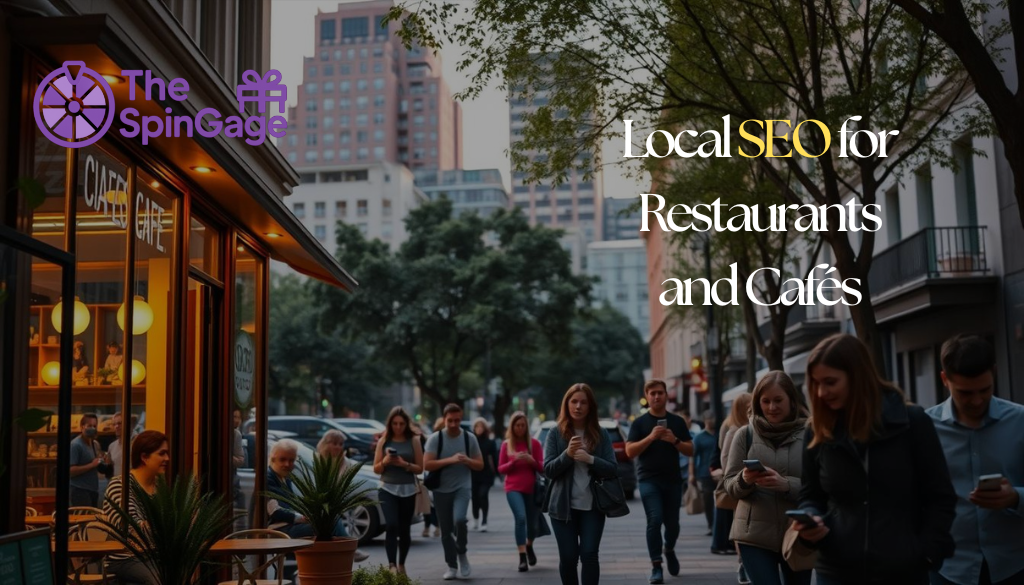



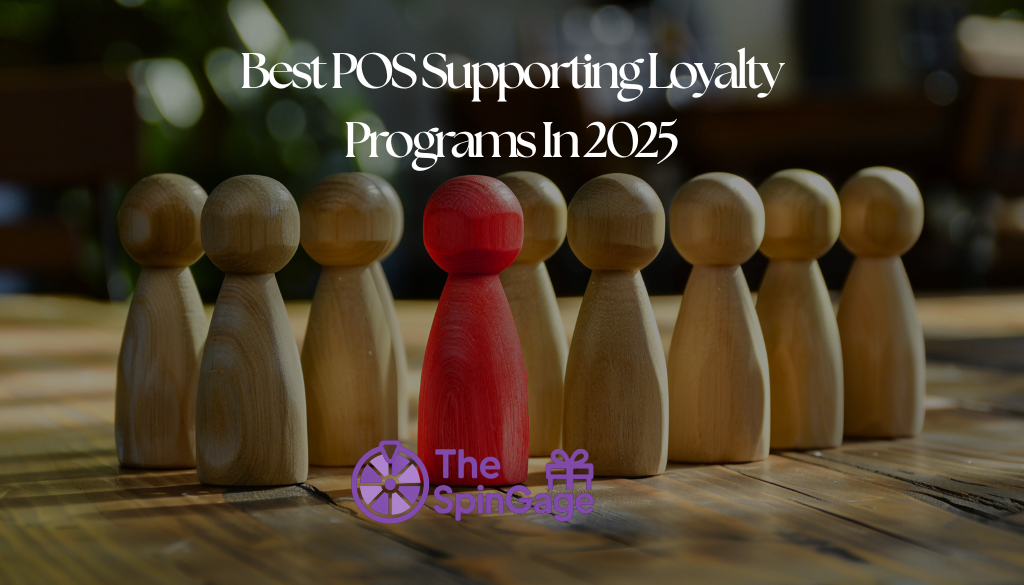




Leave a Reply